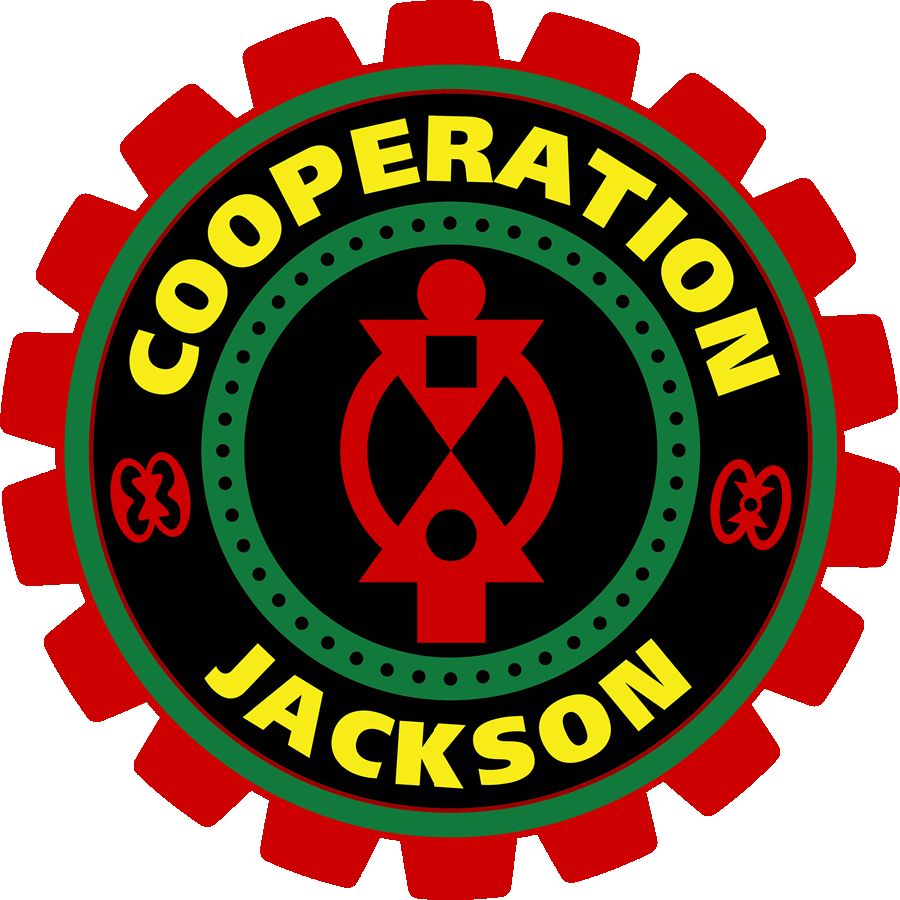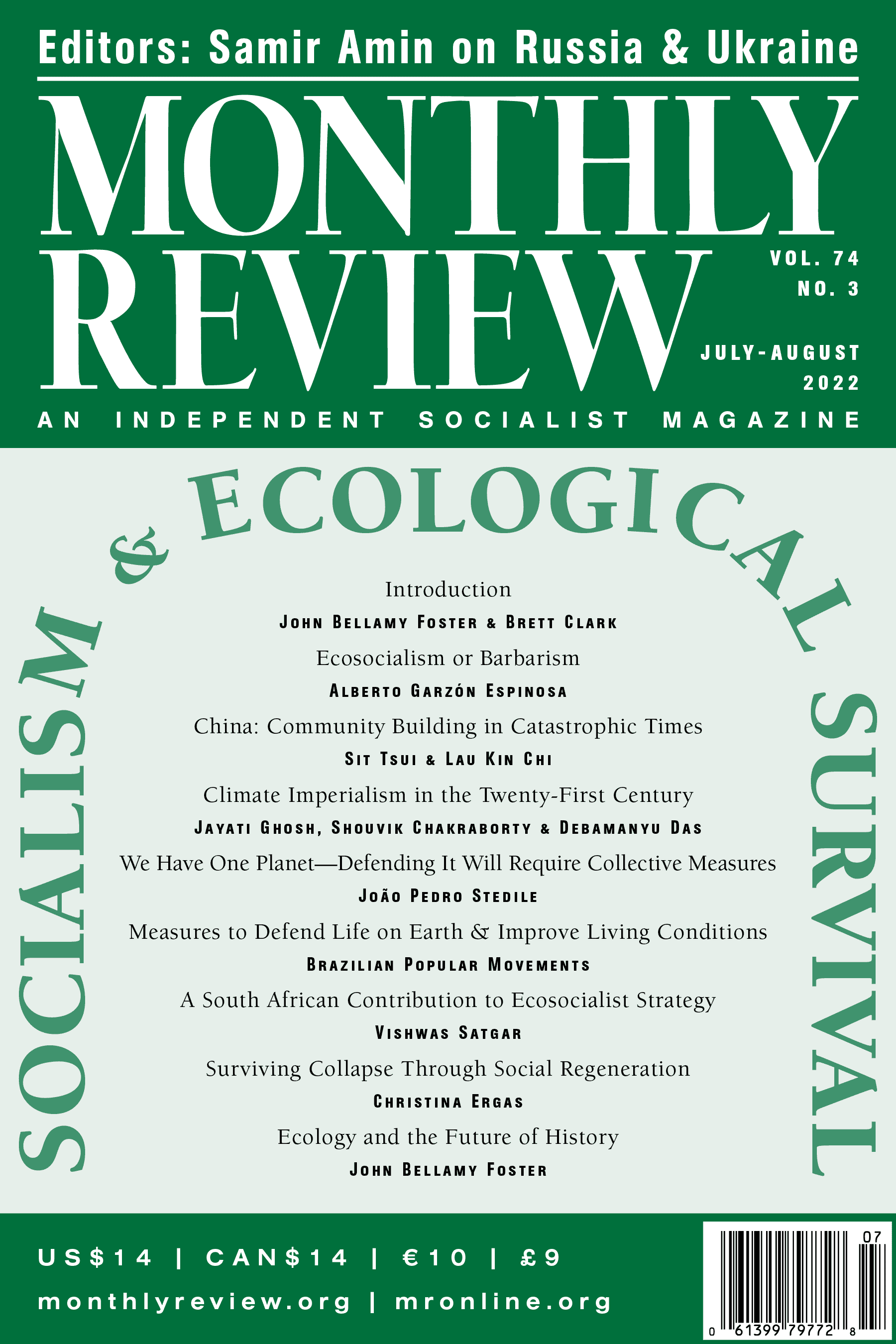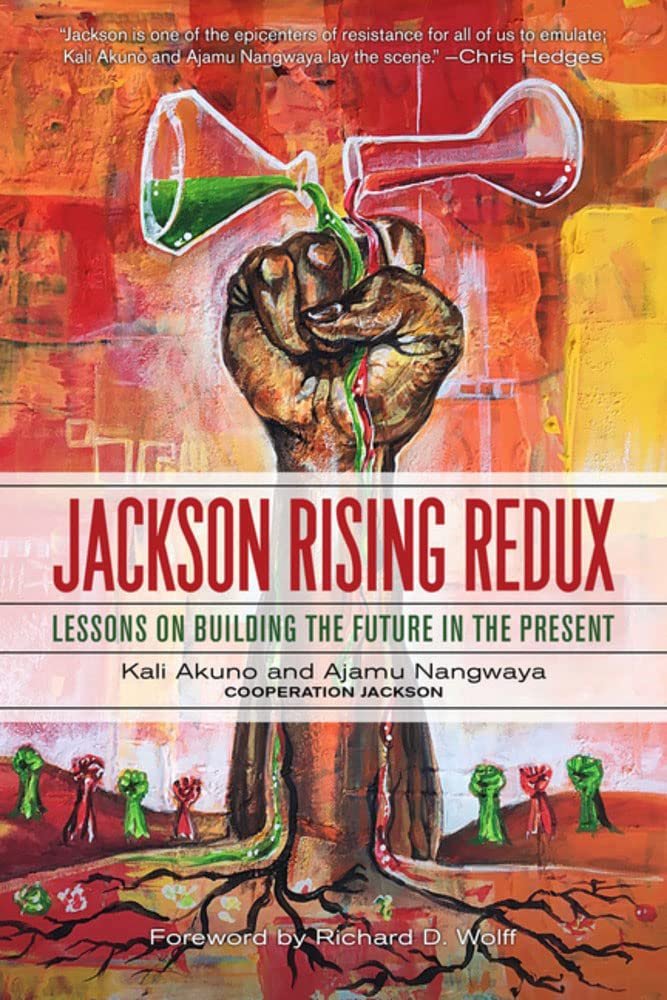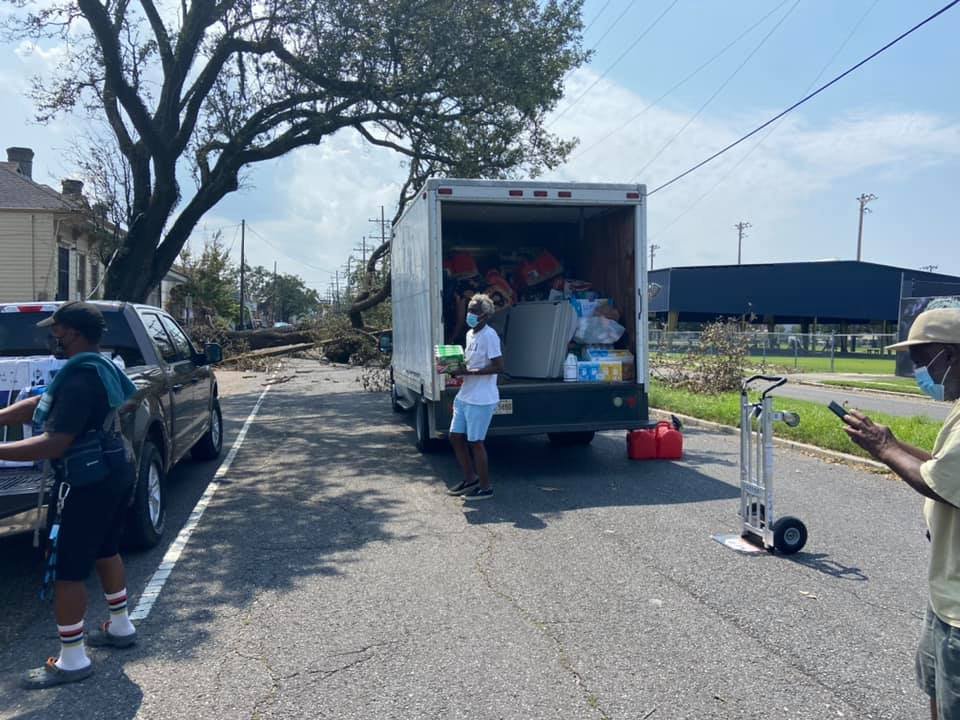Hard Knock Radio - The Water Crisis in Jackson (8.31.22)
/From Hard Knock Radio
We talk with Kali Akuno of Cooperation Jackson about the current water crisis in Jackson, Mississippi. He gives the ins and outs and historical backdrop to this catastrophe
Kali penned this breakdown ...
Due to climate change and decades of neglect of our cities infrastructure, critical portions of Jackson have flooded and incapacited our cities water treatment facilities. As a result, the entire city is without drinking water and it is not clear when the system is going to be repaired and water access restored.
The Governor has declared a state of emergency and is deploying the national guard to supply water to the residents of Jackson. However, to ensure that aid is delivered directly to the people of our community in West Jackson, we are engaging in an autonomous relief effort to ensure that the homeless, the elderly, and those with limited transportation in our community get the resources they need.
We are asking all of our friends, comrades, and fellow cooperators to join us in the effort. Please donate generously at cooperationjackson.org/donate. Please spread the word to your family and friends and encourage them to donate.
If you or your organization can deliver pallets of water, we welcome that as well. Please contact us at CooperationJackson@gmail.com to coordinate or call 601.355.7224
- Kali Akuno-
Read More





















